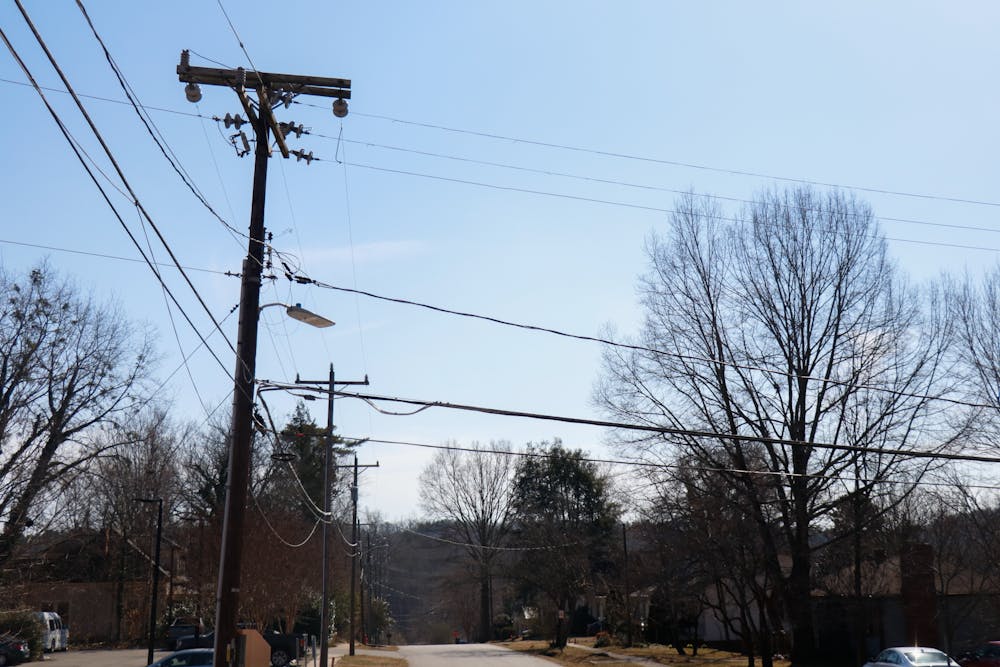“We knew we should do something,” he said. “The conversation evolved to two different paths, either wireless — which we had already tried through open broadband several years back — or connecting fiber to the home.”
McKee said attempts to implement wireless broadband in Orange County have historically been obstructed by topography and tree cover. This led to their decision to build a fiber network.
Currently, the task force is reviewing four proposals submitted by providers interested in constructing the fiber network.
McKee said a subgroup of the task force is determining which provider they should recommend to the board. He said he expects the subgroup to make a decision within the next couple of weeks and the BOCC to take action this year.
“It’s my absolute intention to have it in place, moving forward, by the summer or this fall,” McKee said.
Addressing internet inequity
The Broadband Initiative is a map of households in Orange County with underserved internet access. According to the initiative, the majority of homes with poor internet access are located in the northern and western areas of the county, which are farthest from the urban centers of Carrboro and Chapel Hill.
Furthermore, these areas — such as Cedar Grove — have generally lower median household incomes, according to data compiled by DATAUSA. So, an area in southern Chapel Hill has a median household income of $129,323, while an area in Cedar Grove has a median household income of $65,772.
Deaton said marginalized individuals are disproportionately affected by poor internet access.
“When broadband doesn’t reach into some areas, those households are at a disadvantage, and those households are often marginalized people to begin with — low-income families, minorities, the elderly,” she said.
The impact of digital inequity can also be significant for students.
“We have created, without giving broadband or making it accessible to everyone, this kind of digital caste system,” CHCCS Board Chair Deon Temne said. “When one student can get the lesson downloaded and the other is on dial-up or doesn’t have access at all, that’s where inequity comes into play.”
To get the day's news and headlines in your inbox each morning, sign up for our email newsletters.
Deaton said COVID-19 has made digital inequity far more visible in everyday life. If not addressed, this will continue to impact Orange County long after economic recovery is complete.
Temne also said that COVID-19 has increased the challenges faced by certain students who struggle to obtain secure, stable internet. While he discussed efforts taken by CHCCS to address this issue, like using hotspots, he noted that only so much can be done by schools to meet these challenges.
“Hotspots allow for a certain amount of speed, but we still have that inequity,” Temne noted. “I would rather see true broadband in all areas.”
Ultimately, Deaton said that the struggle for internet equity is one that must be fought – and that it is better to do so now rather than later.
“It’s a matter of caring about your neighbors and community,” she said in an email. “Until we stop and fix this problem, we’re just kicking the can down the road.”
@harrisonggummel | @DTHCityState
city@dailytarheel.com | elevate@dailytarheel.com



